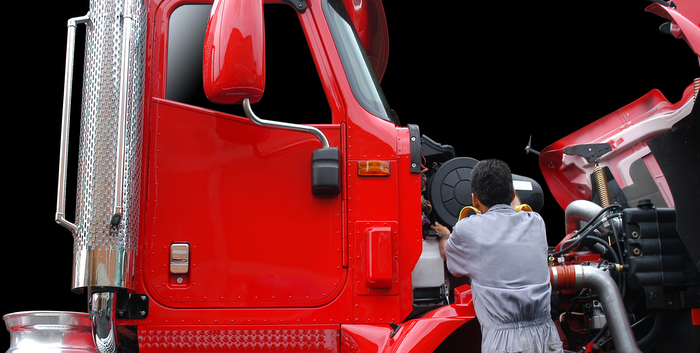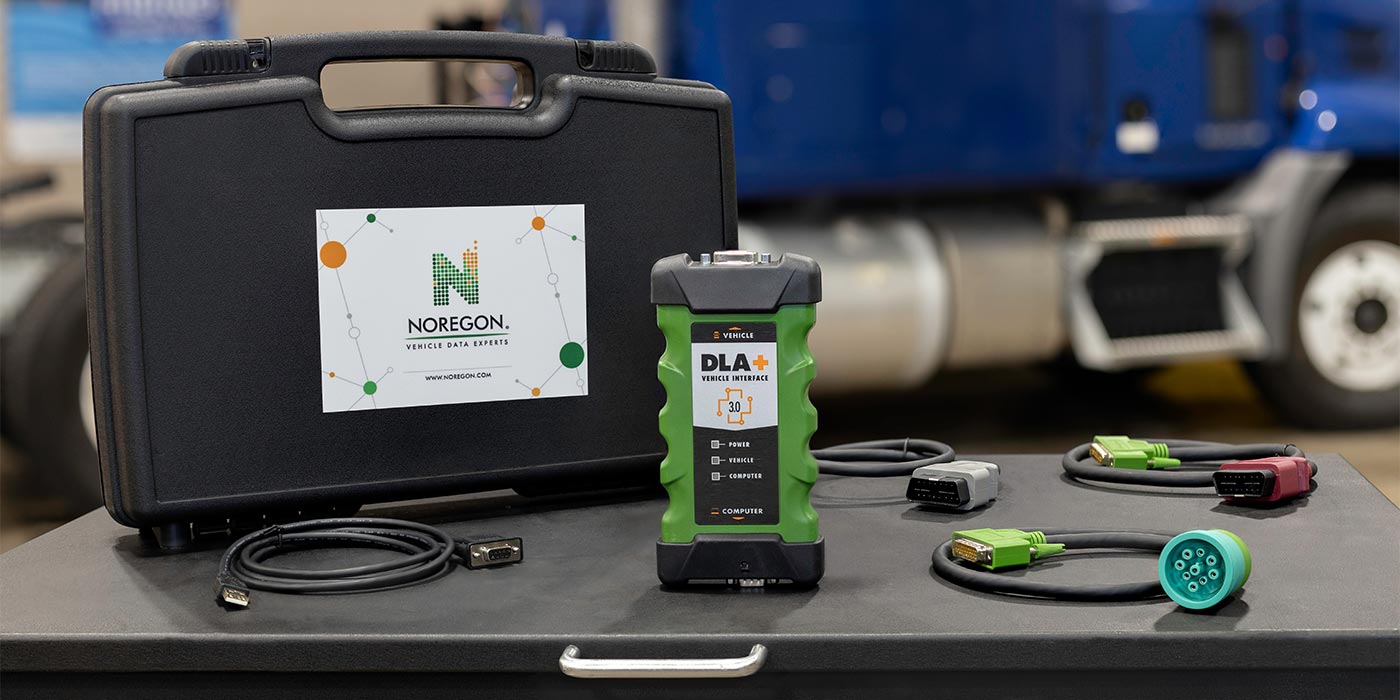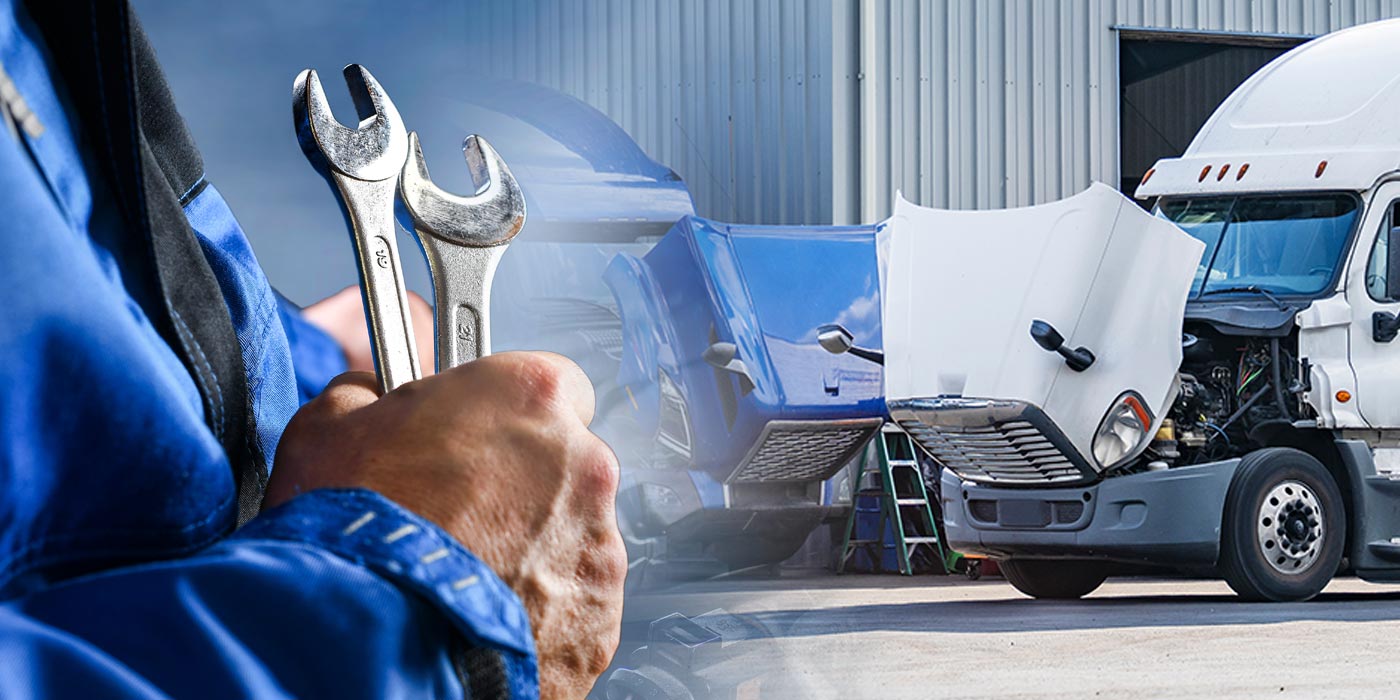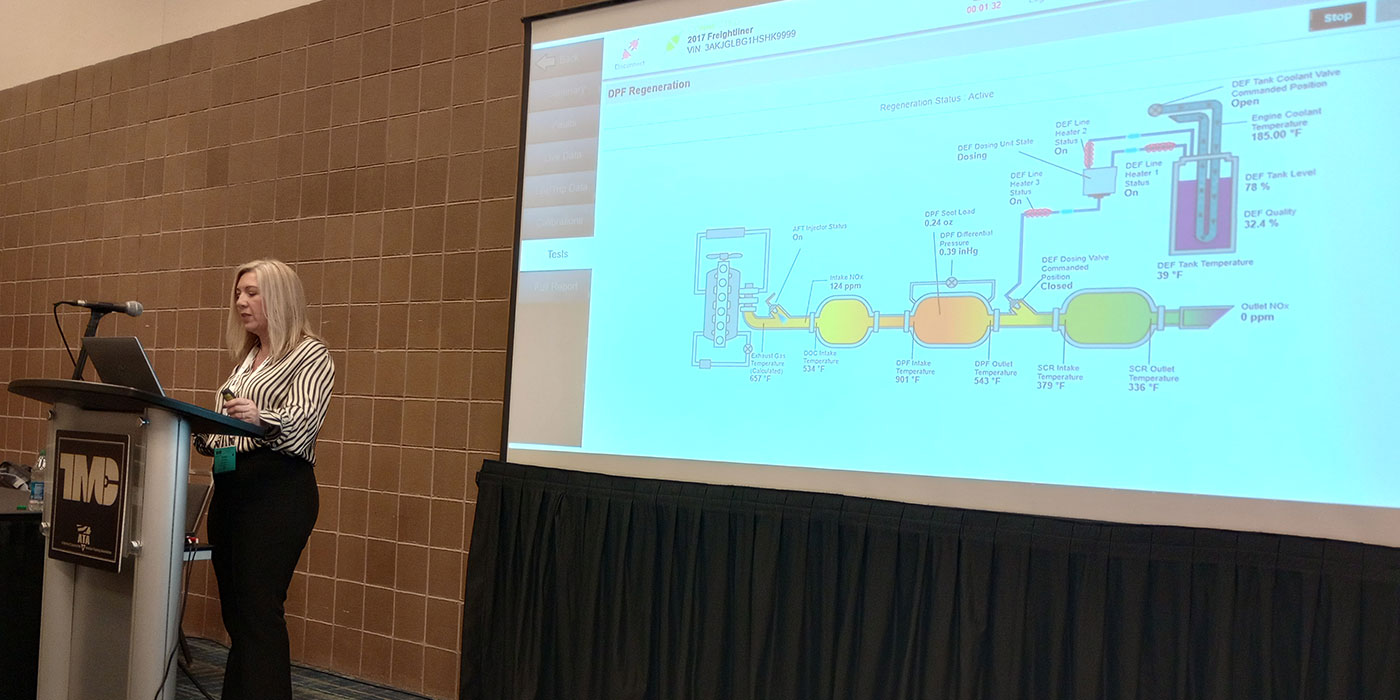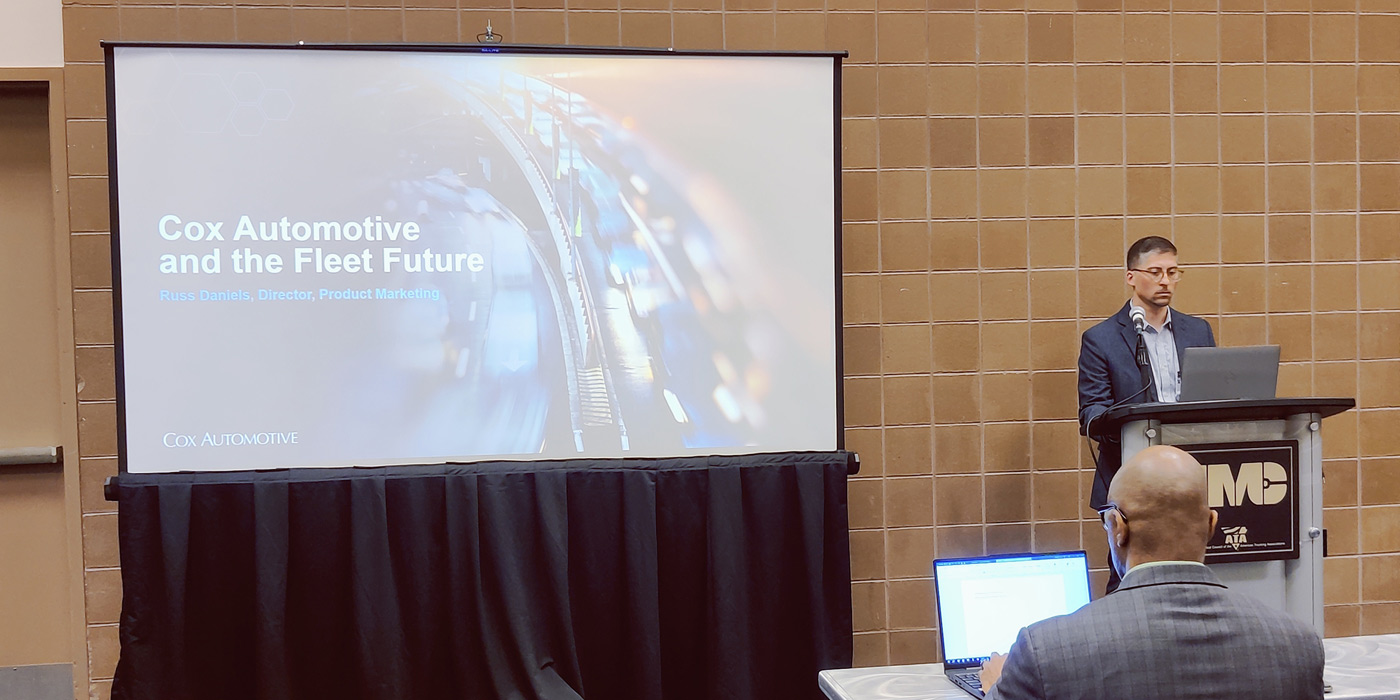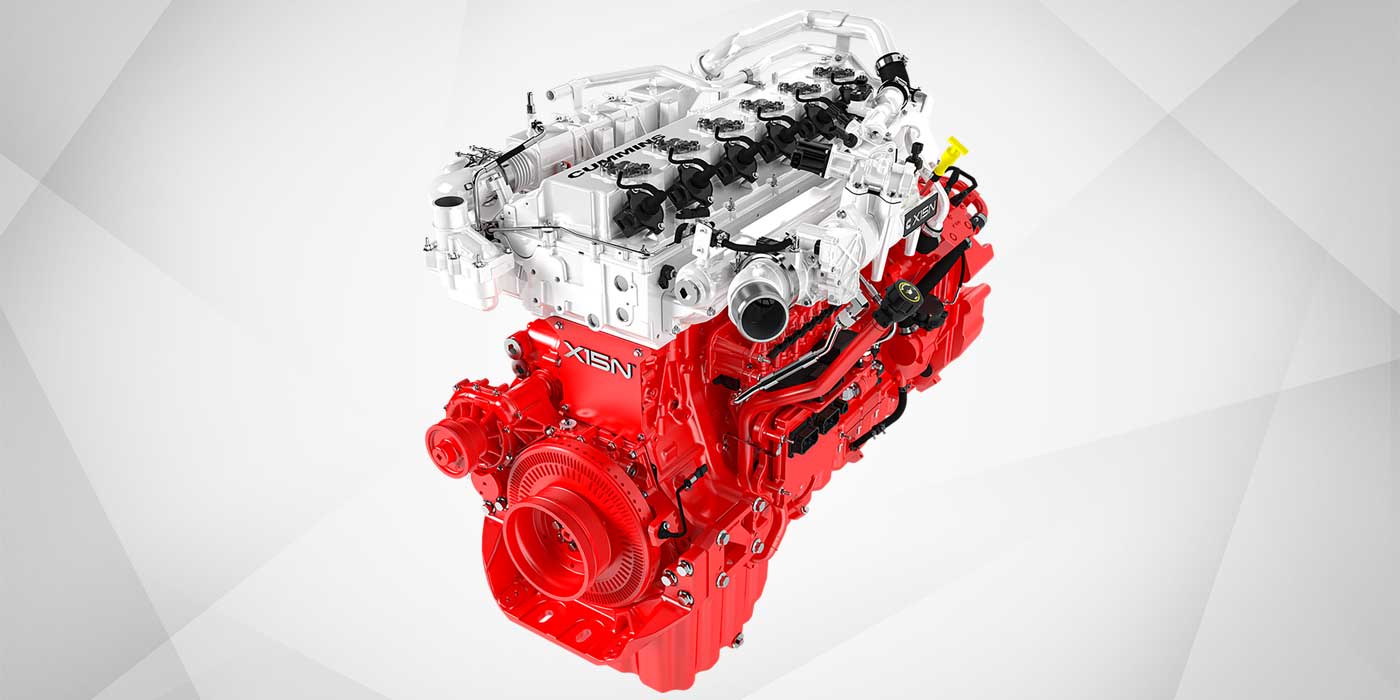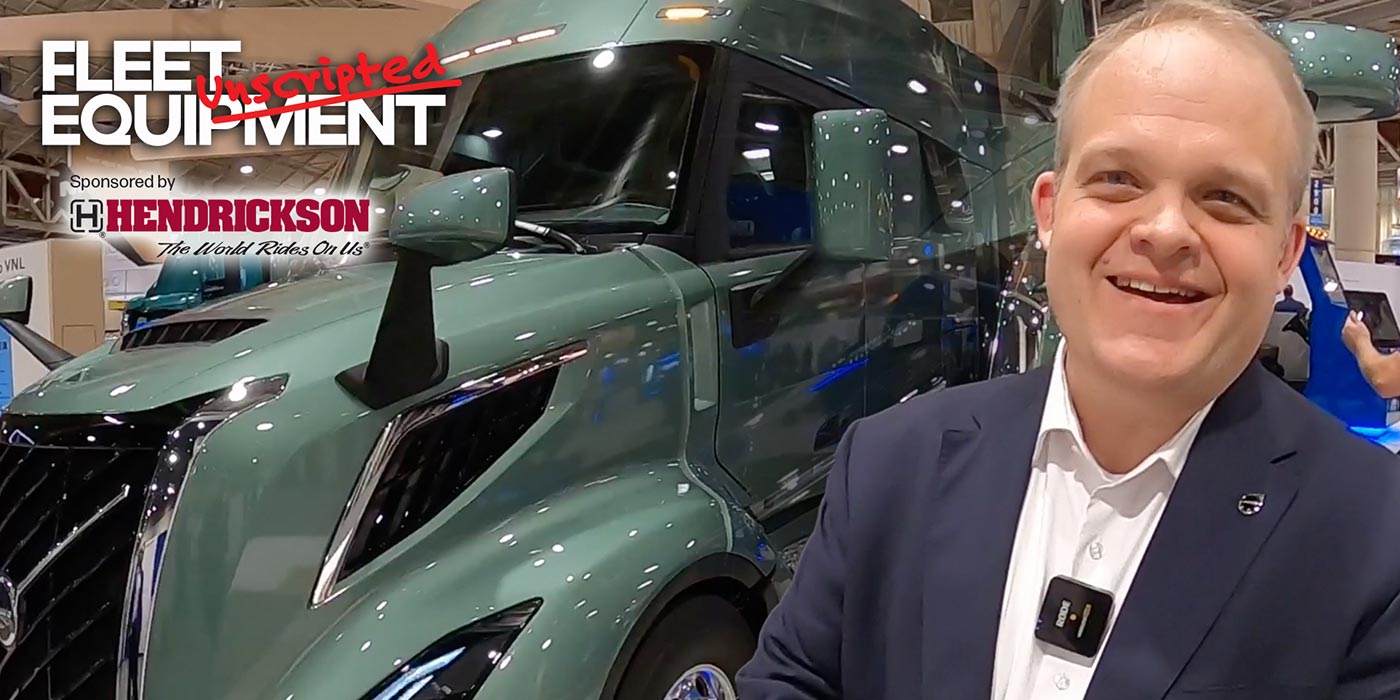The day starts off great. You’re driving along making good time, when all of a sudden the Check Engine light comes on. At first not much happens. Then, within a few minutes you notice a significant drop in power. This steady drop in power continues until the truck will not go over 5 MPH. Uh-oh.
Problems like this have become all too common as faults and regeneration cycles for the diesel exhaust aftertreatment systems take trucks out of service at inopportune times. For instance, imagine that a school bus loaded with excited kids is sidelined as the bus begins a DPF regeneration cycle. That is definitely a scenario to be avoided.
While such roadside experiences are hardly welcome, dealing with new solutions for emission standards is a reality that will not be going away anytime soon.
Of course, diesel engines are not alone in being equipped with aftertreatment systems. The numerous laws governing idling created a need for auxiliary power units (APU) to provide heating, air conditioning and electrical power for parked vehicles. These APUs equipped with small diesel engines will also be equipped with diesel exhaust aftertreatment systems. Just like their much larger cousins, these APU diesel engines require periodic maintenance, including DPF regeneration.
The regeneration is typically scheduled to be performed while the vehicle is in motion. This makes the process more convenient, provided the procedure is carried out when the regeneration warnings are followed.
In most cases, there will be a grace period where the APU will continue to operate for a number of hours before the APU is completely disabled until regeneration takes place and the system is reset. Since schedules can vary depending on the different APUs, it is important to consult the service information for the APU being serviced.
Other areas that may alter the span between aftertreatment regenerations include fuel quality and oil consumption. Poor quality fuel produces exhaust that contains higher amounts of unburned carbon. This additional carbon accumulates in the diesel particulate filter, increasing pressure. The sensors will detect a need for shorter regeneration cycles and send an alert.
Likewise, if the engine is burning lubrication oil at a faster rate than specified by the service information, the soot from the burning engine oil will trigger shorter regeneration cycles.
In addition, the diesel APU equipped with an aftertreatment system may also have diagnostic trouble codes (DTCs) associated with the aftertreatment system. The default actions for many aftertreatment DTCs are often similar to the warnings when regeneration is required. Checking for APU aftertreatment DTCs during regular service is a good measure to help avoid issues with regeneration and overall operation.
It is worth the time to make APU service a regular part of maintenance. While an APU aftertreatment regeneration does not take the vehicle out of service, no one would look forward to an APU that will not operate at the end of a long day simply because the procedure was not carried out. It’s simply a good policy to make whole vehicle maintenance a part of the planned maintenance schedules.
Additional tips for repair and maintenance of Class 4-8 trucks may be found in the Mitchell 1 ShopConnection Truck blog: mitchell1.com/shopconnection/category/truck.
Jake Schell is the associate product manager for Mitchell 1’s Commercial Vehicle Group.

